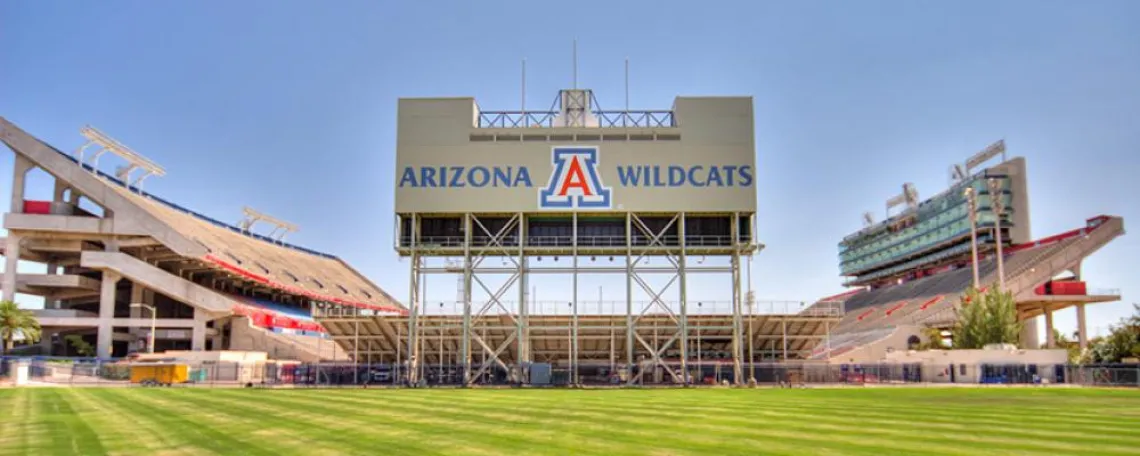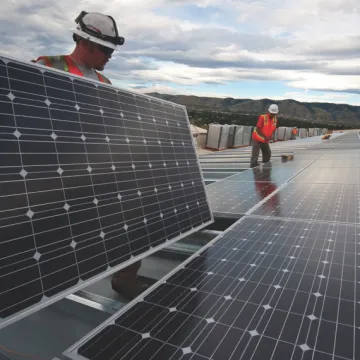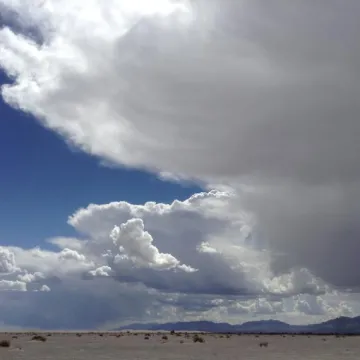
These University of Arizona-based programs focused on climate-change adaptation and mitigation are close collaborators with CCASS; many are led by CCASS Associates and Advisors.

Agnese Nelms Haury Program in Environment and Social Justice
The Agnese Nelms Haury Program in Environment and Social Justice supports an array of programming to further research, education, and partnerships for socially just solutions to environmental problems, focusing on environmental and social justice issues of the Southwest border region.
The Institute for Energy Solutions

The Institute for Energy Solutions (IES), an integrated program within Arizona Institute for Resilience (AIR), organizes energy knowledge, cross-disciplinary groups, and seed funding where possible to facilitate and innovate new UA research, training, and outreach initiatives targeting energy.
IES is positioned to support the AIR mission and develops strengths and partnerships in the following ways:
- Addressing new and emerging basic science needs
- Developing transformative technologies at the energy/water/food nexus
- Proposing and implementing equitable solutions that reach under-served populations on a regional scale
- Driving innovation in energy and buildings
(Photo: NREL workers install PV panels on the roof of the RSF at NREL in Golden CO; photo by Dennis Schroeder)
Climate Assessment for the Southwest

The CLIMAS team works to improve the ability of the region’s social and ecological systems to respond to and thrive in a variable and changing climate. The program promotes collaborative research involving scientists, decision makers, resource managers and users, educators, and others who need more and better information about climate and its impacts.
Housed within the Arizona Institute for Resilience and in partnership with the Inter Tribal Council of Arizona and New Mexico State University, CLIMAS was established in 1998 as part of the National Oceanic and Atmospheric Administration (NOAA) Regional Integrated Sciences and Assessments (RISA) program. The CLIMAS program brings together researchers who study the processes and effects of climate on the Southwest with individuals and organizations that need climate information to make informed decisions.The program promotes the exchange of ideas and information among members of the public, private, nonprofit, and academic communities.

